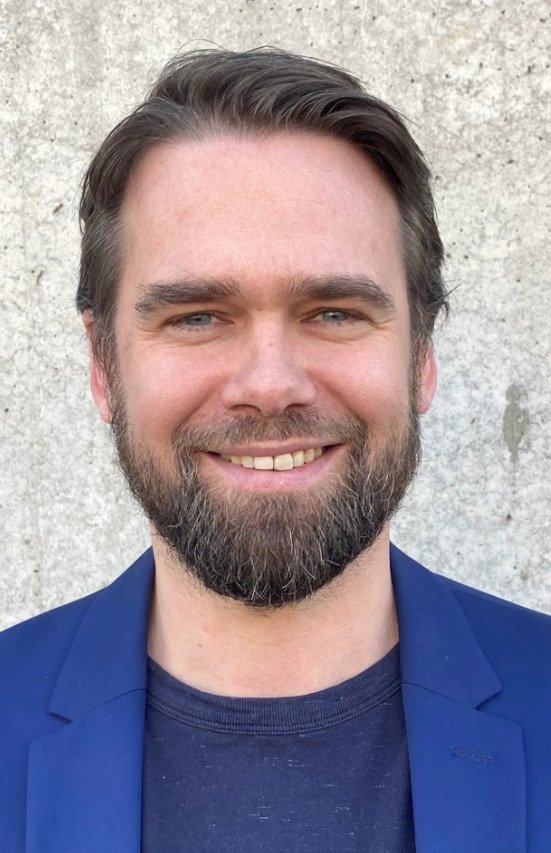People who have been treated in psychiatric care against their will are at increased risk of taking their own lives after hospital discharge. This is shown by a new study from Karolinska Institutet published in the journal The Lancet Regional Health - Europe. The results highlight a need for follow-up care after discharge.
Every year, more than 10,000 people in Sweden receive involuntary inpatient psychiatric care. This compulsory care is provided in cases of serious mental disorder where there is an urgent need for inpatient care, but the person refuses care. A new study now shows that the risk of suicide is particularly high during the period after patients are discharged from hospital following such care.

"We saw that the risk of suicide was highest during the first month after discharge, and that it remained elevated for several years," says Leoni Grossmann , doctoral student at the Department of Clinical Neuroscience, Karolinska Institutet.
The researchers followed more than 72,000 people who were involuntarily hospitalised in Sweden between 2010 and 2020. A total of 2,104 people died by suicide, corresponding to 2.9 percent, during an average follow-up period of just over four years.
During the five-year follow-up period, the risk of suicide was 1.6 times higher compared to all psychiatric inpatients and almost four times higher than in psychiatric outpatients. Compared to the general population, the risk of suicide after compulsory psychiatric care was 56 times higher.
"Considering that these are the most severely ill patients in psychiatry, it is no surprise that the risk of suicide was higher than for those receiving voluntary care," says Leoni Grossmann.
Young men had a higher risk
Among compulsory care patients, some had a higher risk than others, such as young men and those being single. Patients diagnosed with personality disorders or substance abuse also had a higher risk. Previous experience of involuntary treatment or a history of self-harm was also associated with a higher risk of suicide after discharge.

"Among other things, the results also show that involuntary treatment is a risk marker for suicide. The findings should be useful to identify specific risk groups, but it is important to point out that our observational study cannot be interpreted as meaning that involuntary treatment causes suicide. However, it is important that healthcare providers follow these patients with the right support after discharge. We now want to investigate whether the differences in risk can be used to support discharge decisions and tailored follow-up after compulsory treatment," says John Wallert, assistant professor and associate professor at the same institution and principal investigator.
The study used data from several national registries and was conducted in collaboration with, among others, the University of Oxford (UK) and Indiana University (USA). It was funded by the Swedish Research Council, ALF, CIMED, FORTE, and the Söderström-Königska Foundation. See the study for any conflicts of interest.
Publication
"Suicide after involuntary psychiatric care: a nationwide cohort study in Sweden" , Leoni Grossmann, Fred Johansson, Seena Fazel, Ralf Kuja-Halkola, Björn Bråstad, David Mataix-Cols, Lorena Fernández de la Cruz, Bo Runeson, Paul Lichtenstein, Zheng Chang, Henrik Larsson, Isabell Brikell, Brian D'Onofrio, Ronnie Pingel, Christian Rück, John Wallert, The Lancet Regional Health - Europe, online xx 2025, doi: 10.1016/j.lanepe.2025.101504






